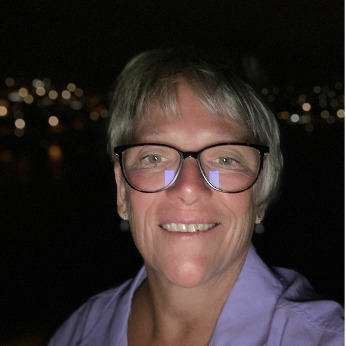By continuing to use our site, you consent to the processing of cookies, user data (location information, type and version of the OS, the type and version of the browser, the type of device and the resolution of its screen, the source of where the user came from, from which site or for what advertisement, language OS and Browser, which pages are opened and to which buttons the user presses, ip-address) for the purpose of site functioning, retargeting and statistical surveys and reviews. If you do not want your data to be processed, please leave the site.
The Voice of People With Breast Cancer
Information
Breast Cancer Basics
High-Risk Conditions
Hereditary Breast Cancer
Breast cancer associated with the passing of abnormal genetic material from a parent to a child is called hereditary breast cancer. About 5 to 10 percent of breast cancer cases are believed to be hereditary.
Having a close blood relative (immediate family member) with breast cancer can increase your own risk of breast cancer. Inheriting certain genetic mutations can also increase your risk. The most well-known genes linked to an increased risk of developing breast cancer are the BRCA1/BRCA2 genes. A mutation in the BRCA1 or BRCA2 gene carries a lifetime risk of breast cancer (which is the risk of developing a disease over the course of your lifetime) of 40 to 85 percent.
It is important to note that a person’s individual risk can be higher or lower than the average risk of developing breast cancer. This is because your personal risk of developing a disease is impacted by numerous other factors, including your own medical and genetic history.
In addition to the BRCA1/BRCA2 genes, researchers have identified several other genetic mutations that are thought to be linked to the development of breast cancer. Genetic testing, a process involving the examination of saliva and blood samples to detect mutations in genes, is available as an option for those concerned about hereditary breast cancer. Clinical factors that raise concern for hereditary breast cancer include young age, strong family history in first degree relatives, or multiple second degree, or history of multiple cancers in a single individual. Connecting with a genetic counsellor can be helpful to guide individuals interested in genetic testing. A genetic counsellor can provide you and your family with advice on hereditary breast cancer, the probability and risk of developing or transmitting it and the options for managing the disease and its effects. Consult your physician to discuss your options for genetic testing and getting a referral for a genetic counsellor.
For more information on hereditary breast cancer, check out the following resources that were produced by the High Risk Breast Cancer Project:
- Three editions of Network News about modifiable risk factors, hereditary breast cancer, and resources from the High Risk Breast Cancer Project
- Canadian Breast Cancer Foundation’s decision making guide for HBOC
SHARE




